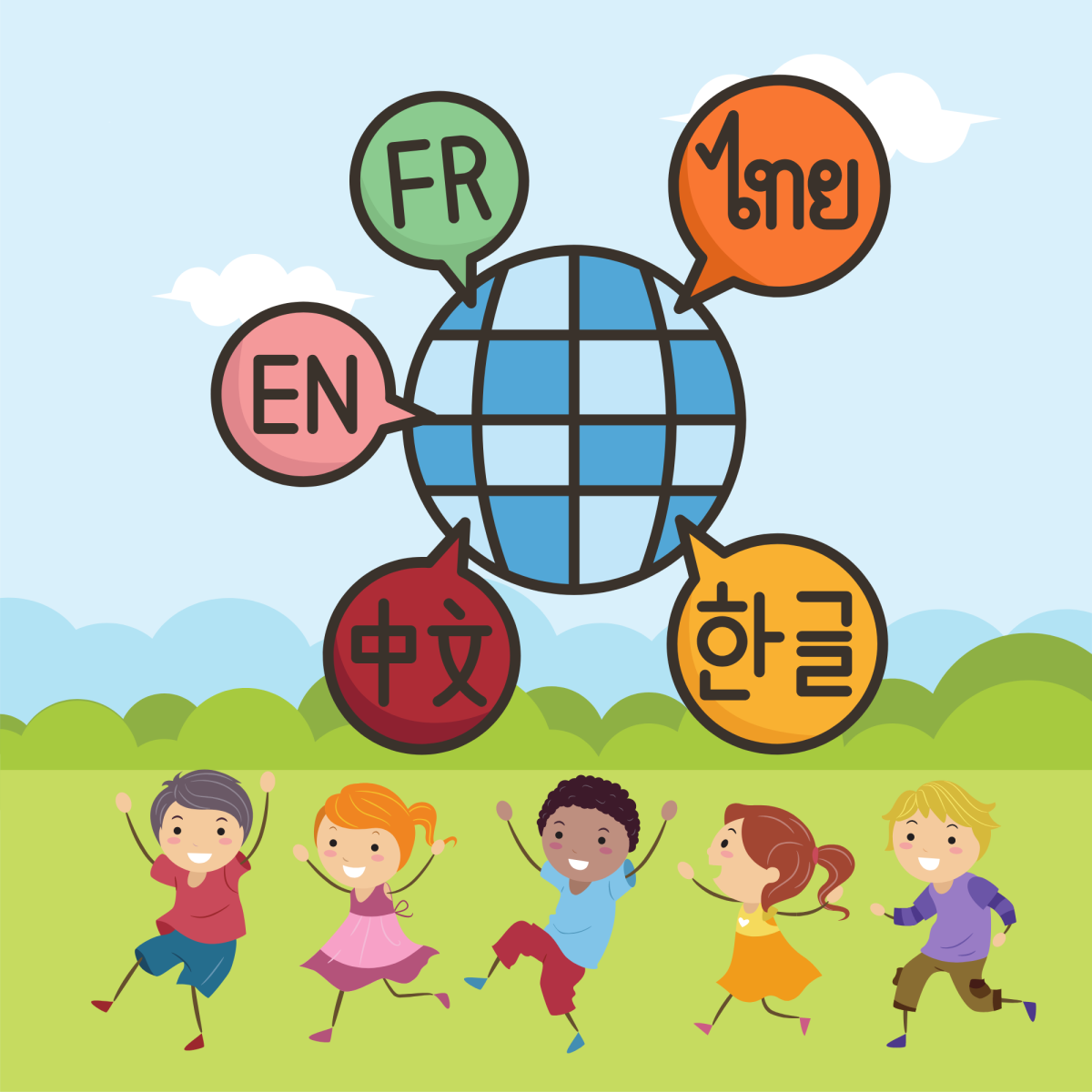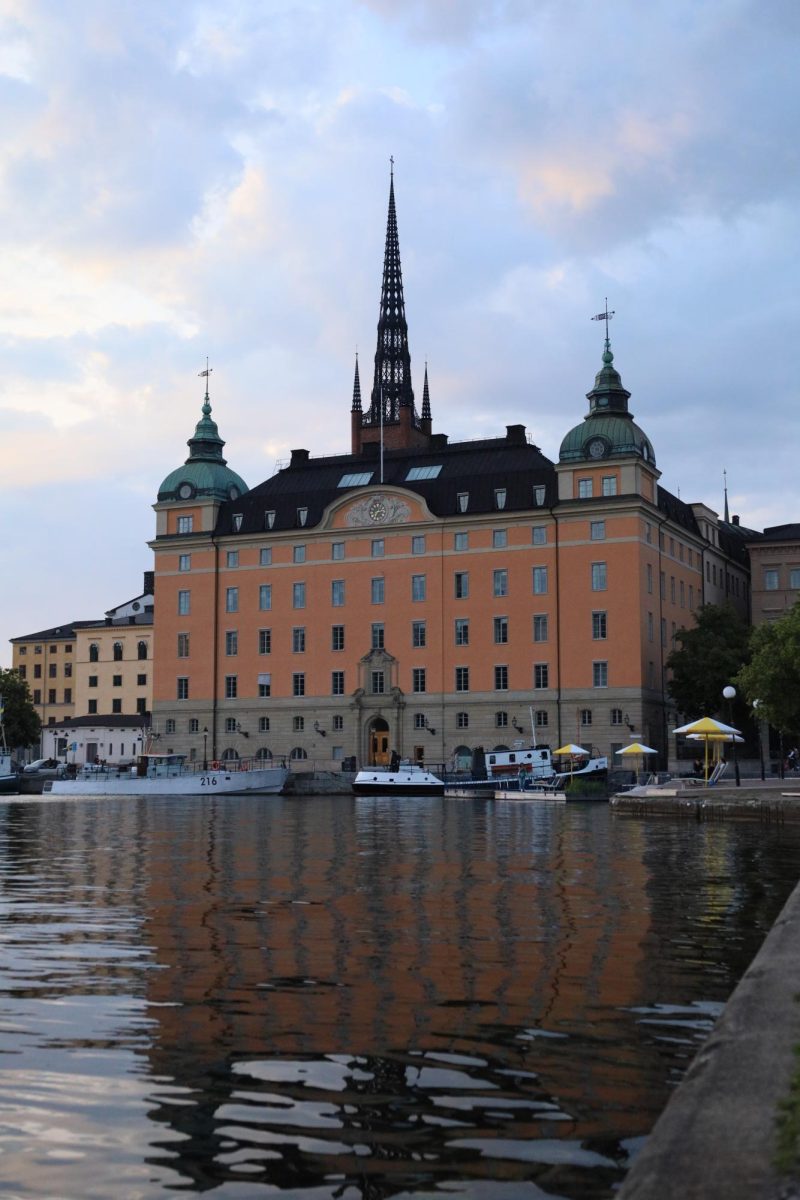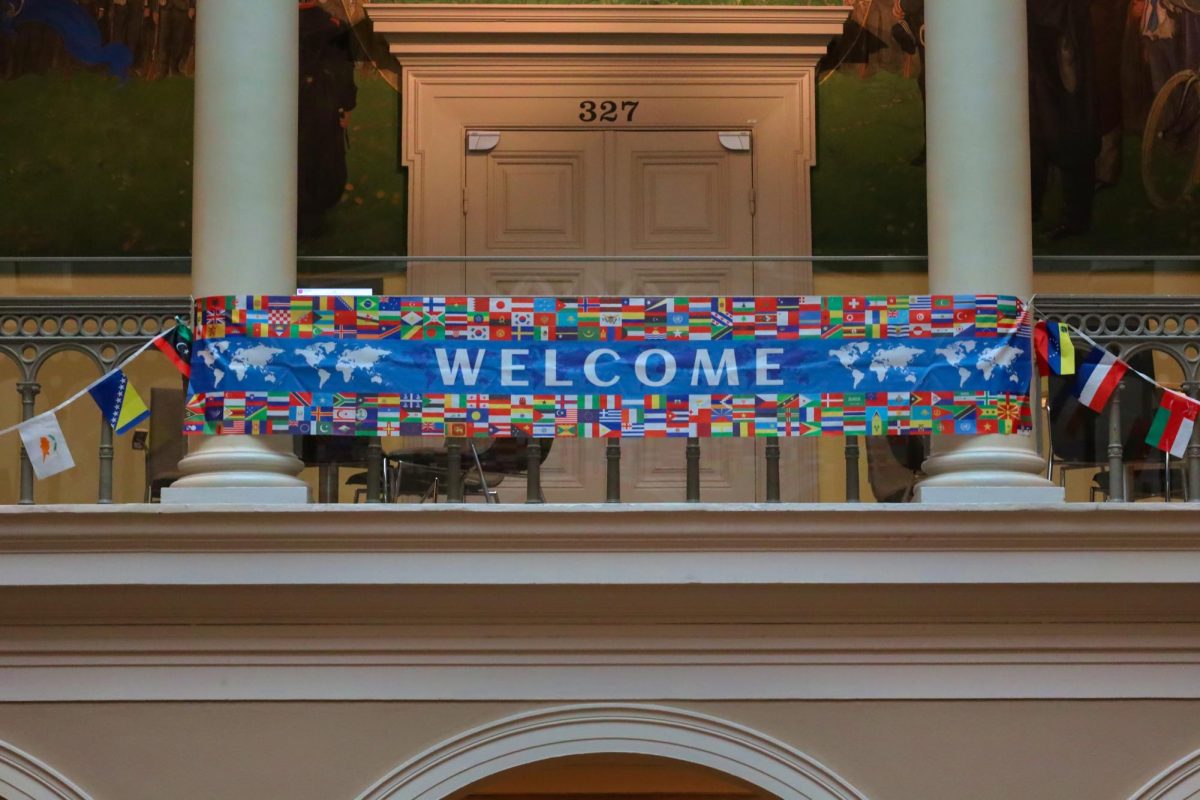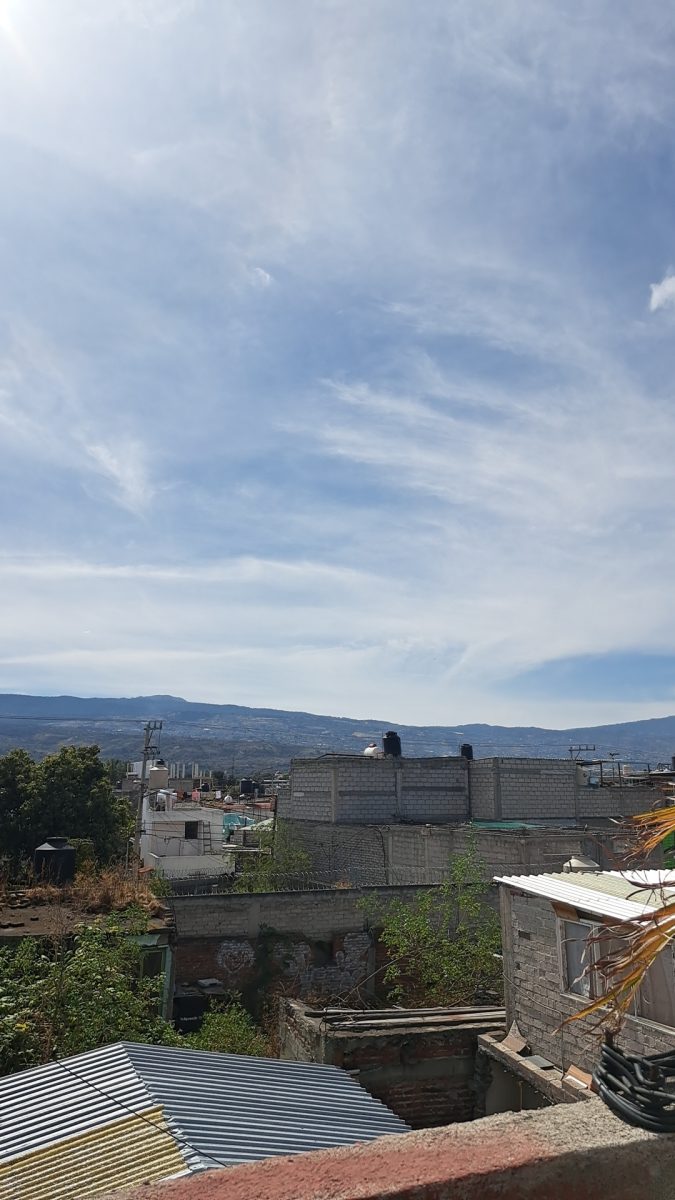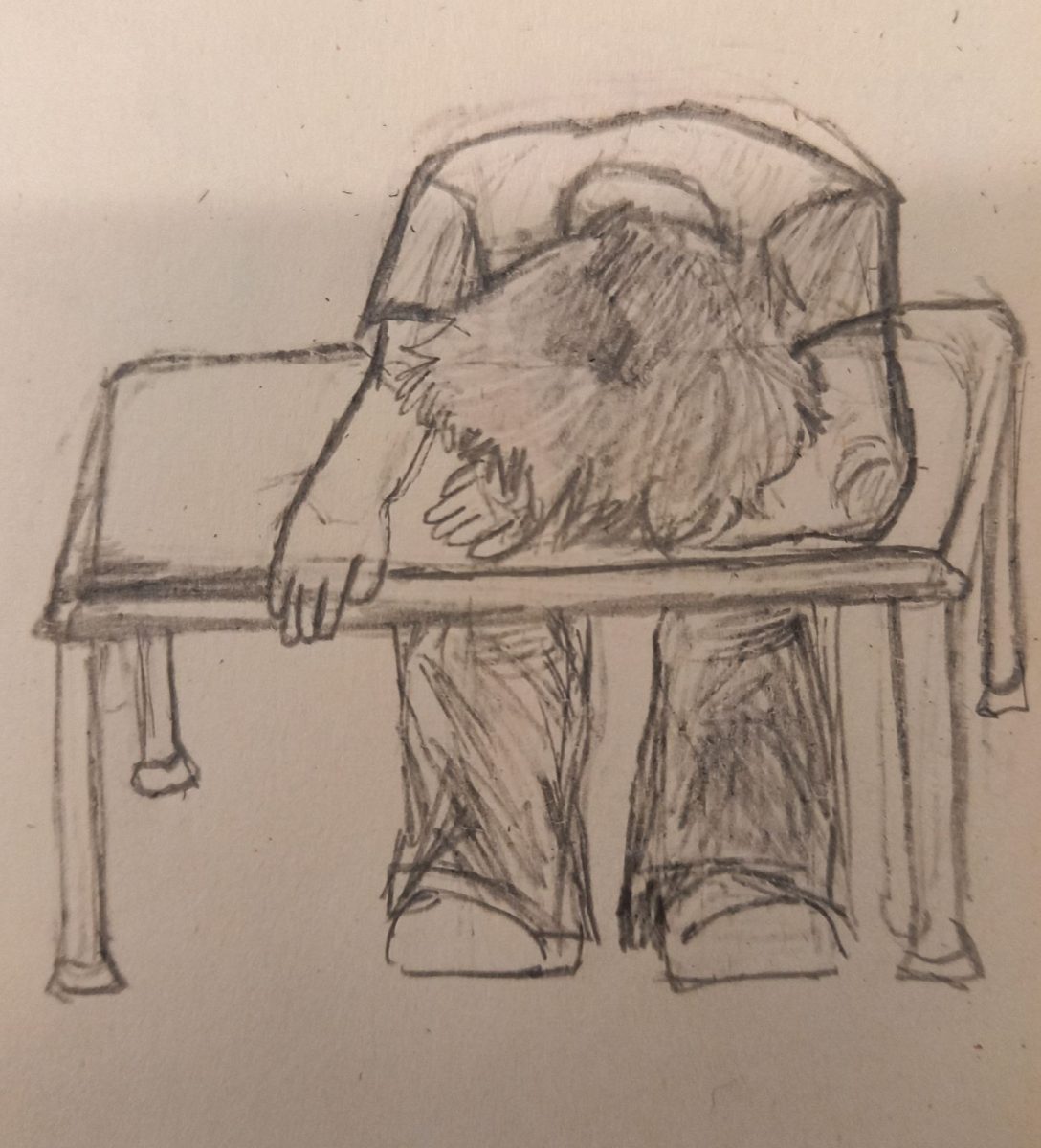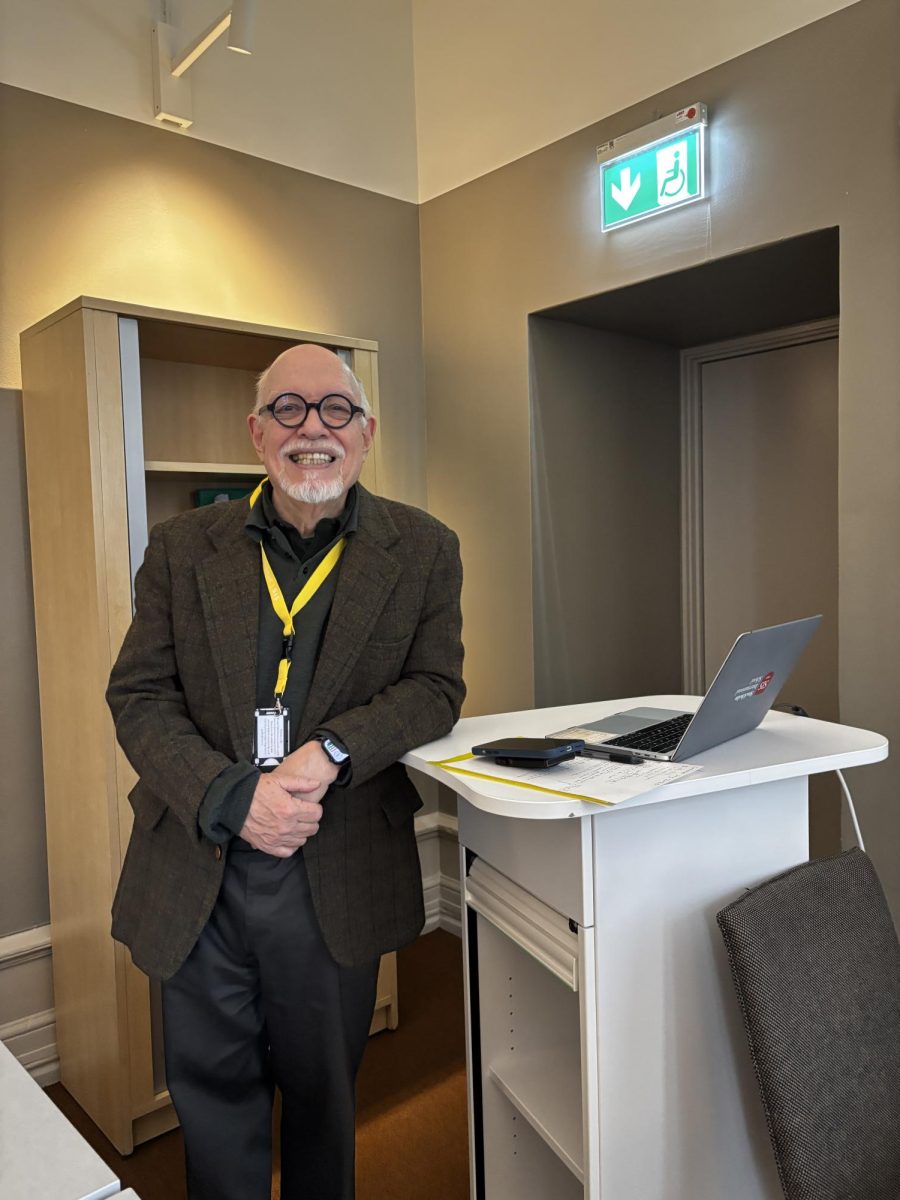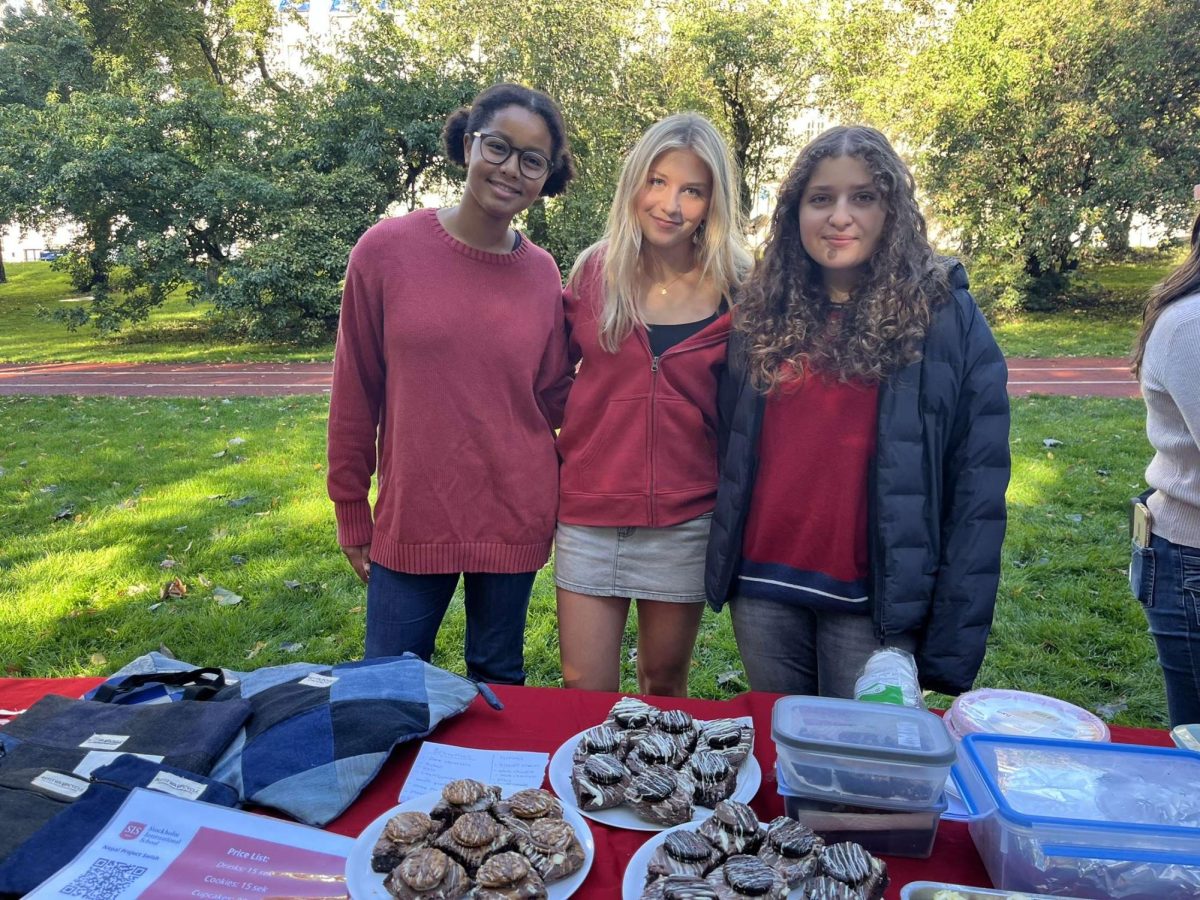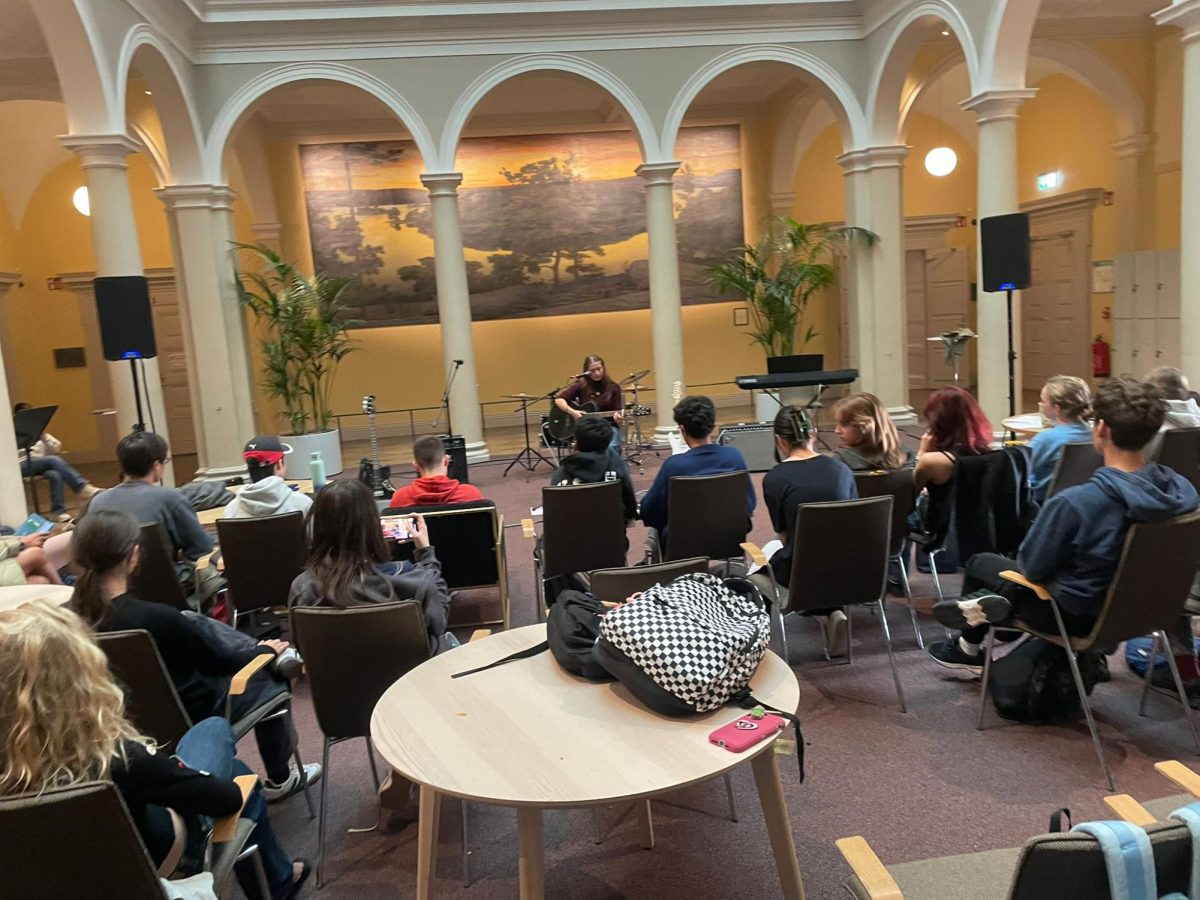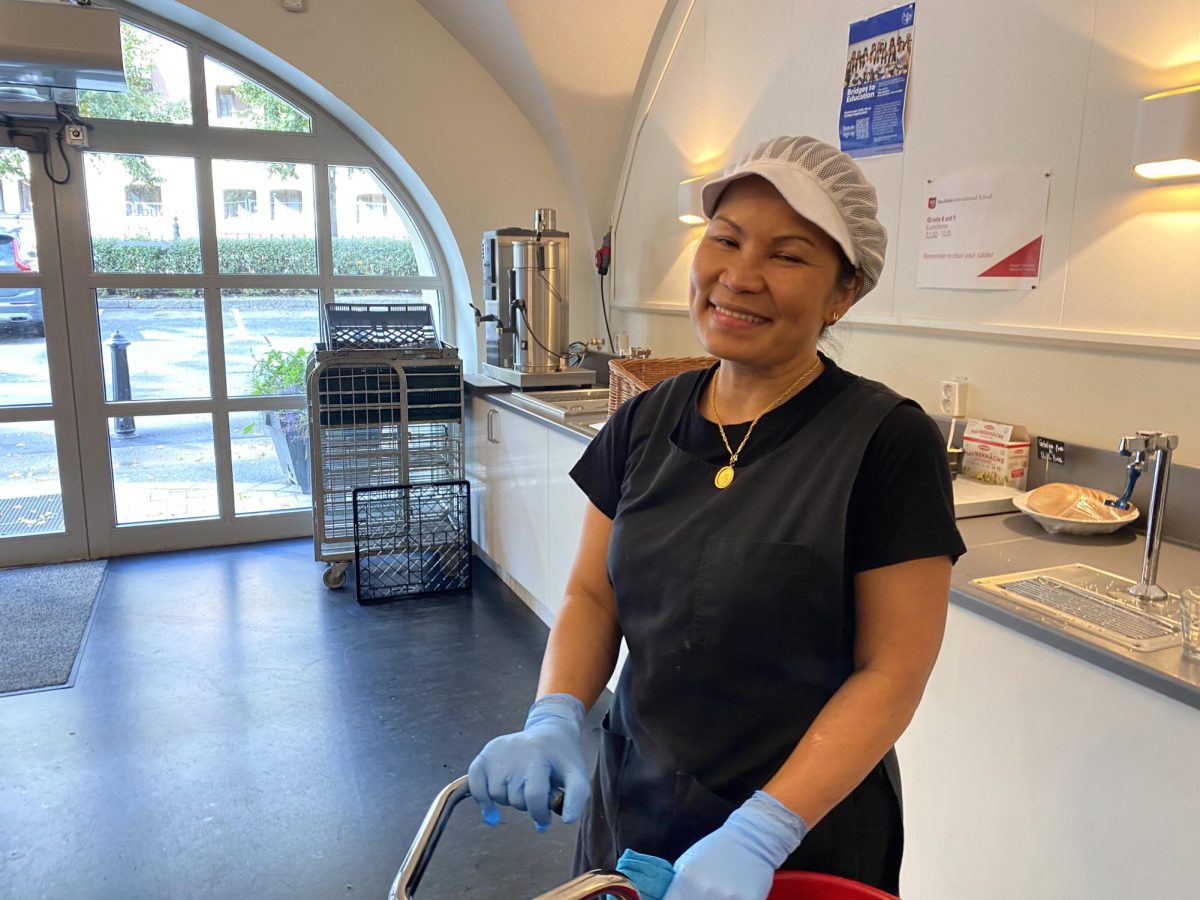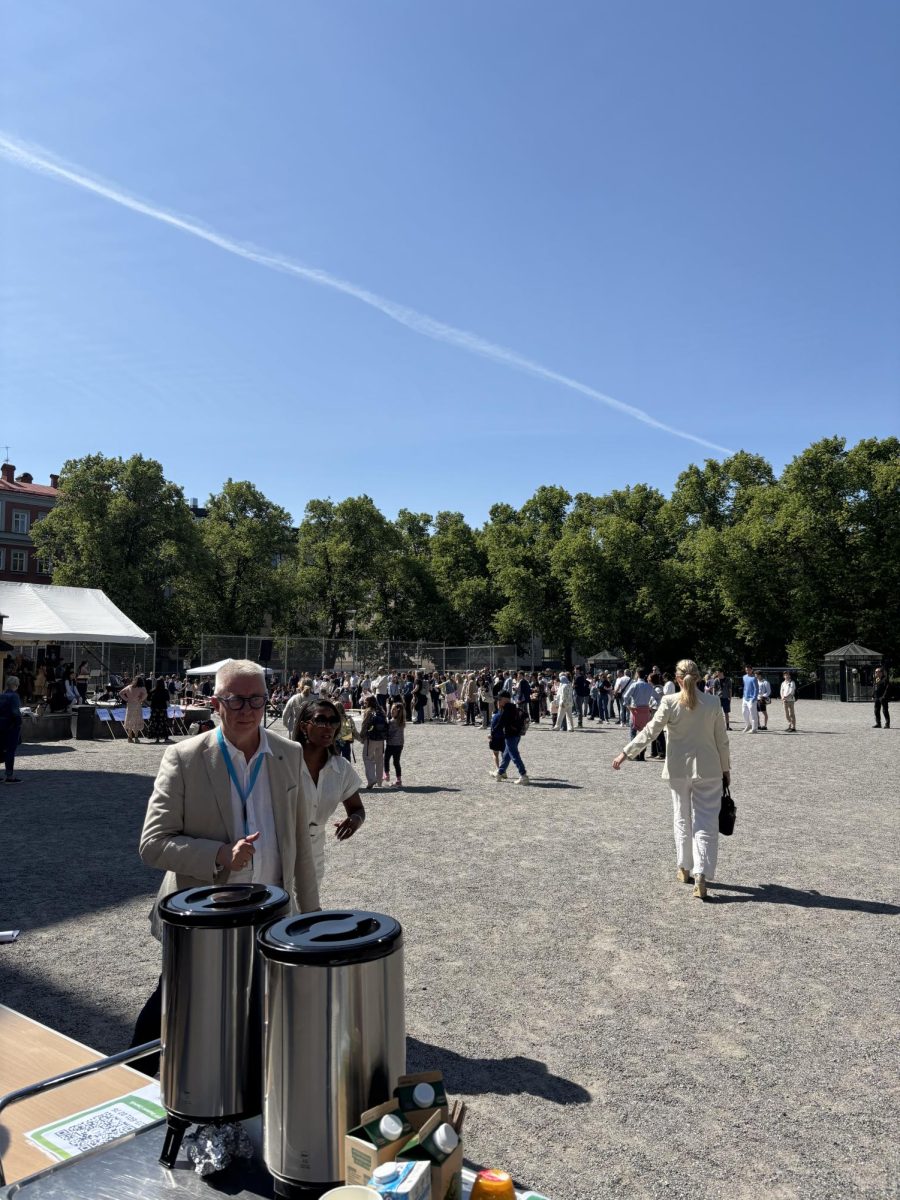Qu’est-ce que ça fait d’être multilingue ?
Personnellement, je suis Marocaine, mais j’ai grandi dans le système scolaire français, mais même si quand je parle en arabe, je mélange un peu de français quand je ne sais pas comment dire un mot en anglais. En plus, le Maroc est un pays francophone, donc c’est normal pour les Marocains d’utiliser le français comme seconde langue. Vu que j’ai grandi dans le système français, je suis habitué au français, mais quand j’ai changé de système scolaire, après deux ans, j’ai commencé à m’habituer à parler et penser en anglais. Cependant, il peut arriver que j’oublie comment dire un mot ou une expression dans une langue, même dans les deux langues, ce qui est très agaçant. Apparemment, il a été démontré dans plusieurs études que les bilingues réussissent mieux aux tâches de mémoire phonologique dans leur langue maternelle et mieux maîtrisées que dans leur deuxième langue, moins maîtrisées. À mon avis, à partir de mes expériences personnelles, je trouve qu’il n’y a pas beaucoup de différences en termes de la difficulté d’une tâche à cause de la langue, mais j’ai beaucoup d’amis qui seront d’accord avec ce concept.
What is it like to be multilingual?
Personally, I am Moroccan, but I grew up in the French school system, so even though when I speak in Arabic, I mix in a little French when I don’t know how to say a word in English. Additionally, Morocco is a French-speaking country, so it is normal for Moroccans to use French as a second language. Since I grew up in the French system, I am used to speaking French, but when I changed school systems, after two years, I started to get used to speaking and thinking in English. However, sometimes I forget how to say a word or phrase in one language, or even worse in both languages, which is very annoying. Apparently, it has been shown in several studies that bilinguals perform better on phonological memory tasks when using their native rather than their second language, where they could come across some challenges. In my opinion, from my personal experiences, I find that there is not much difference in terms of the difficulty of a task because of the language, but I have many friends who would agree to the studies.
كيف يبدو الأمر عندما تكون متعدد اللغات؟
أنا شخصياً مغربي، لكنني نشأت في نظام المدارس الفرنسية، ولكن على الرغم من أنني عندما أتحدث باللغة العربية، فإنني أخلط القليل من الفرنسية عندما لا أعرف كيف أقول كلمة واحدة باللغة الإنجليزية. بالإضافة إلى ذلك، المغرب دولة ناطقة بالفرنسية، لذلك من الطبيعي أن يستخدم المغاربة اللغة الفرنسية كلغة ثانية. منذ نشأتي في النظام الفرنسي تعودت على اللغة الفرنسية، لكن عندما غيرت أنظمة المدارس، بعد عامين، بدأت أتعود على التحدث والتفكير باللغة الإنجليزية. ومع ذلك، أحيانًا أنسى كيفية نطق كلمة أو عبارة بلغة واحدة، حتى في اللغتين، وهو أمر مزعج للغاية. على ما يبدو، فقد تبين في العديد من الدراسات أن ثنائيي اللغة يؤدون أداءً أفضل في مهام الذاكرة الصوتية بلغتهم الأم ويتم إتقانهم بشكل أفضل من لغتهم الثانية، والتي هي أقل إتقانًا. في رأيي ومن خلال تجاربي الشخصية أجد أنه لا يوجد فرق كبير من حيث صعوبة المهمة بسبب اللغة، ولكن لدي العديد من الأصدقاء الذين سيكونون موافقين على هذا المفهوم.


